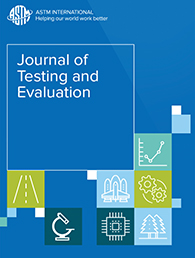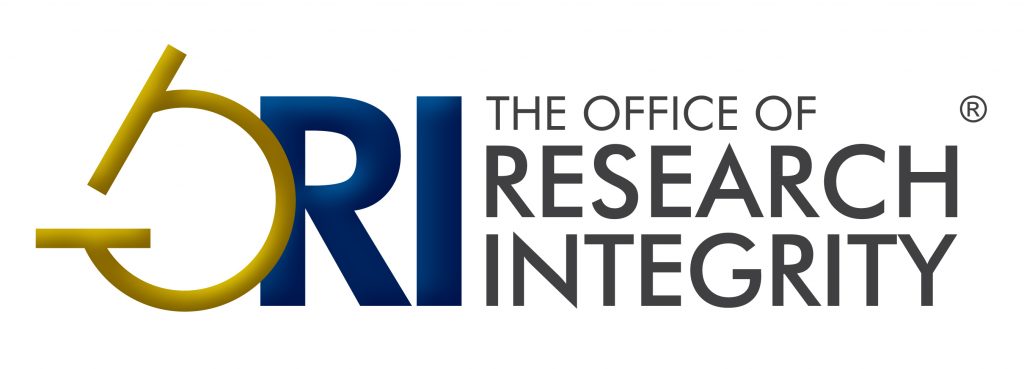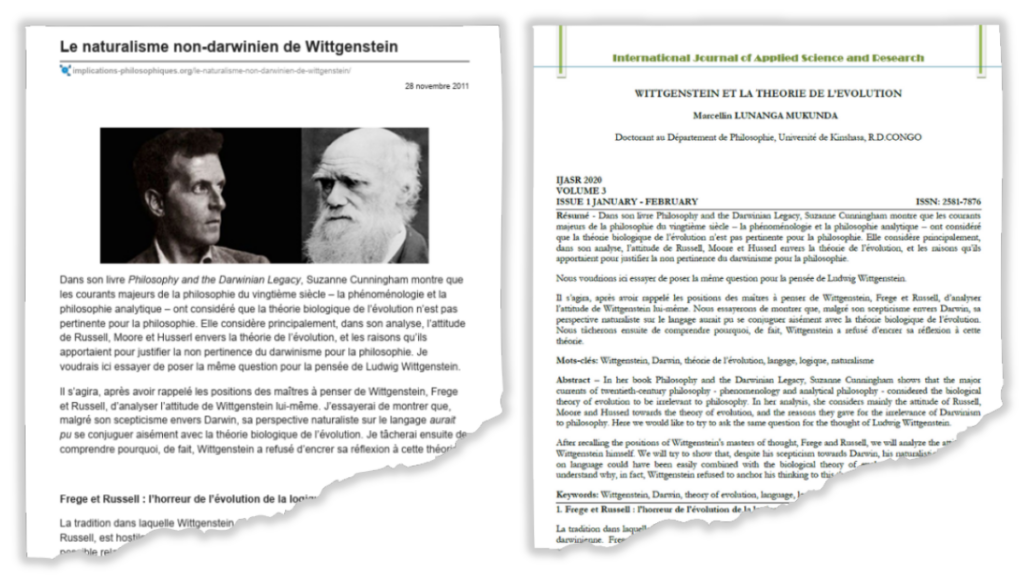
If your week flew by — we know ours did — catch up here with what you might have missed.
The week at Retraction Watch featured:
- Journal tags ‘impossible’ case report with short erratum
- Guest post: The CDC hepatitis B study is unethical and must never be published
- Court challenge could chill reporting of research fraud, say whistleblower attorneys
- As journal’s retraction count nears 170, it enhances vetting
In case you missed the news, the Hijacked Journal Checker now has more than 400 entries. The Retraction Watch Database has over 63,000 retractions. Our list of COVID-19 retractions is up over 640, and our mass resignations list has 50 entries. We keep tabs on all this and more. If you value this work, please consider showing your support with a tax-deductible donation. Every dollar counts.
Here’s what was happening elsewhere (some of these items may be paywalled, metered access, or require free registration to read):
Continue reading Weekend reads: CDC’s ‘unethical’ vaccine trial; The Lancet ‘refuses to retract’ letter; on the methods used to correct science






